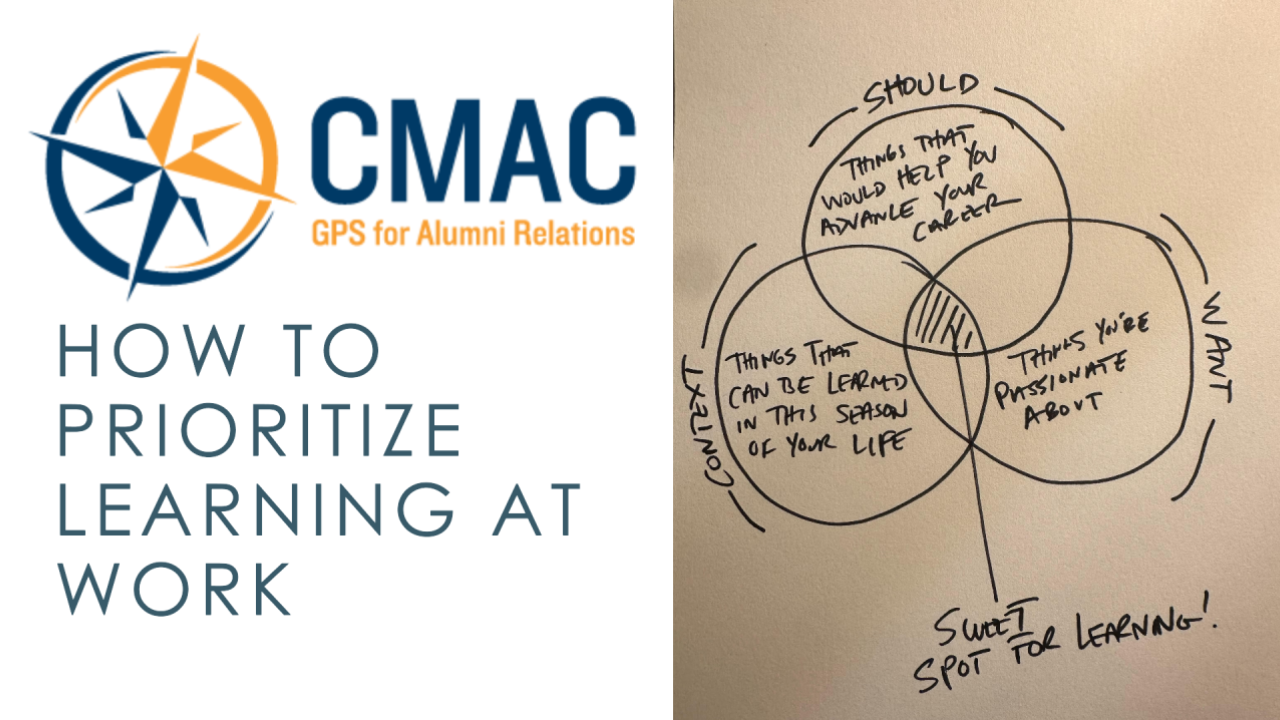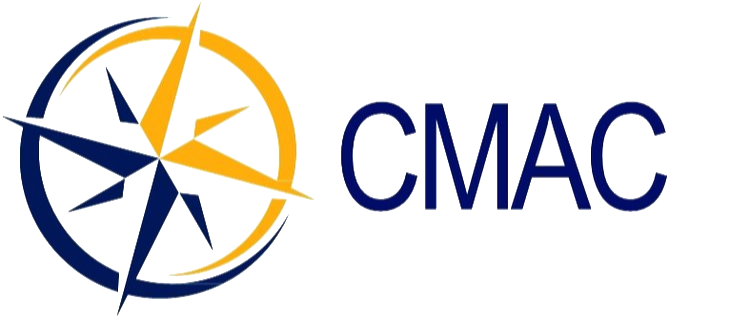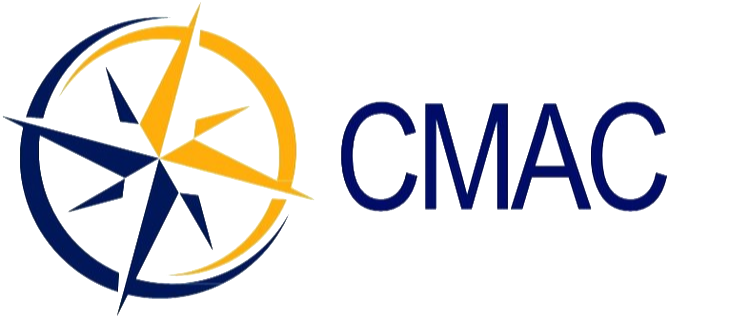
Four Practical Tips for Prioritizing Learning at Work
Your to do list? Overflowing. Your calendar? Wall-to-wall with meetings. Inbox? Don’t get me started. Prioritizing learning can feel indulgent when there are so many urgent tasks beckoning. Wanting to learn and finding the time to actually do it are two very different things.
In reality, learning is anything but indulgent. In a world where the half-life of skills seems to shrink ever faster, prioritizing learning can be the difference between career advancement and career stagnation.
What learning entails for you is highly personal. Are there skills that you need in order to do your job more effectively? For example, would a couple of hours spent learning the ins and outs of ChatGPT potentially save you hundreds of hours spent crafting emails to prospects? Or could pursuing a micro-credential on Coursera or EdX help you pivot into a new role? Are there books languishing on your shelf that might help you understand mega trends that will affect your engagement strategy?
Whatever your situation, here are a few suggestions for how you can carve out time to get down to it and learn:
Build your Learning Agenda. What do you want to learn? My advice is to pick something that actually interests you. Try to think about it in terms of want vs. should. If you think you should learn Python, but you’re dreading the thought of spending your one wild and precious life doing that, it’s best to pick something else. It’s worth spending some time reflecting on the intersection of things that you “should” learn to advance your career, things that can be learned in your personal context, and things you’re personally passionate about (see my hastily drawn Venn diagram below).

Calendar your Learning Time. That which gets calendared gets done. I first heard this tip on Gretchen Rubin’s Happier Podcast several years ago and it’s stuck with me. Pick a quieter time of the year and commit to calendaring out a series of learning sessions. Think about what makes the most sense for your personal situation. Do you have a five-week break while students aren’t on campus? Then you might want to schedule a more intense series of two or three sessions per week during that time. Are you busy year-round? Maybe one hour every two weeks would work better. Do what makes sense for you, but don’t place unrealistic expectations on yourself. For example, the week between your alumni board meeting and graduation is not a good time for a half-day seminar. Whatever you choose, treat that time as sacred. Block it off in red, mark it in capital letters, put a skull and crossbones on it. Do not be tempted to treat it as an overflow slot and schedule meetings on top of it. For me, this means blocking off time in the morning before my day really gets going.
Start Small. Does scheduling a two-hour learning session feel like way too big of commitment? Start smaller…much smaller. Try a ten or fifteen-minute block once a week. Heck, break that down to five minutes if you need to. In the time it takes you to drink your caffeinated beverage of choice, you can chip away at your learning goals. Once you build your learning muscle, you can work on increasing your time on task. Or not! Again, it’s all about what works best for you.
Build in Accountability. That could mean signing up for the paid, graded version of an online course rather than simply auditing it. Or making an appointment with a language learning partner at a coffee shop rather than learning on an app. Or having a friend or colleague make you submit progress updates to them. Again, figure out what motivates you. You’re much more likely to stick to your goals if you have a solid plan for holding yourself accountable.
If you need learning inspiration, I highly recommend checking out the vast library of past episodes of the Alumless podcast, where my colleagues Ryan Catherwood and Chris Marshall interview some of the top people working in higher ed advancement.
How have you prioritized learning in your career?


